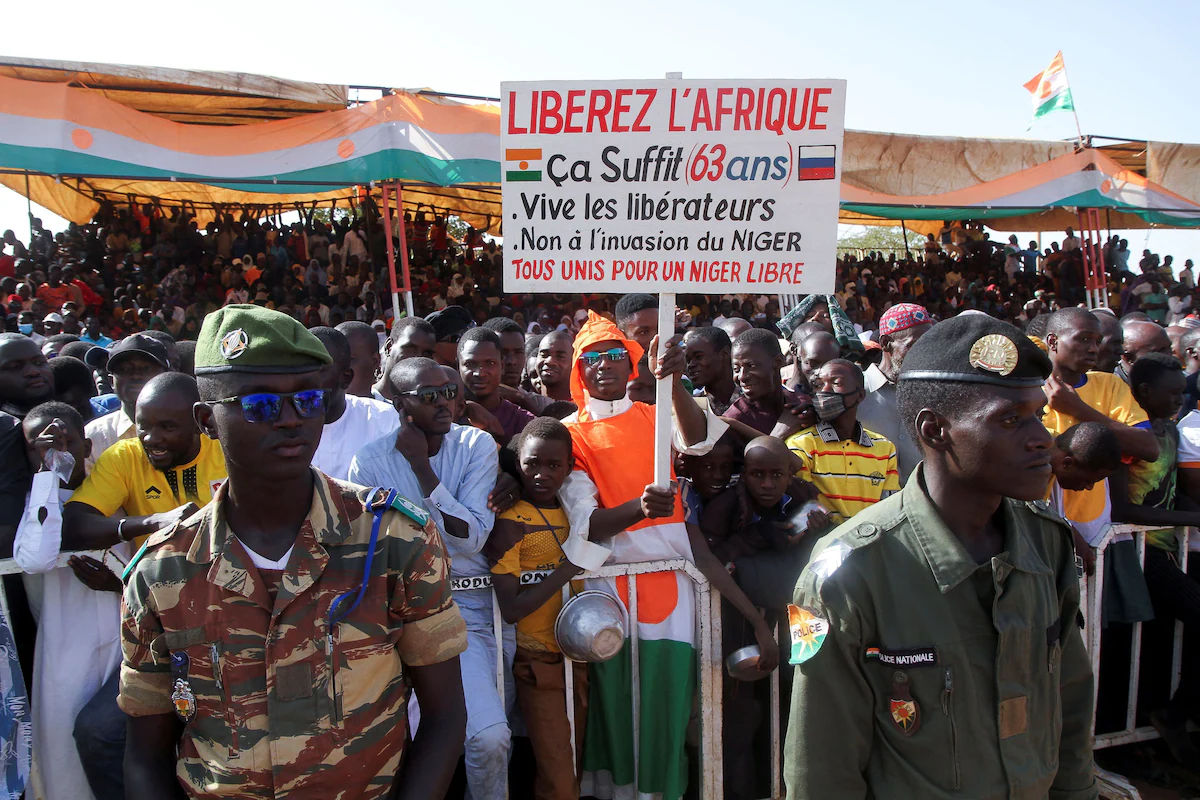Mali, Burkina Faso, and Niger declare ECOWAS exit ‘Irreversible’ amid regional tensions

The military-led governments of Mali, Burkina Faso, and Niger have reaffirmed their “irreversible” decision to withdraw from the Economic Community of West African States (ECOWAS), deepening a regional rift ahead of an ECOWAS summit scheduled for Sunday in Abuja, Nigeria.
The three nations, collectively known as the Alliance of Sahel States (AES), announced their intention to leave ECOWAS in January, accusing the bloc of serving the interests of France, a former colonial power they have increasingly distanced themselves from.
ECOWAS has since made efforts to reverse the decision, appointing Senegalese President Bassirou Diomaye Faye as a mediator.
Despite reporting some progress earlier this week, the AES declaration on Friday undermines hopes of reconciliation.
“Recalling the irreversible decision of the states in the Confederation to withdraw from ECOWAS, the ministers commit to continuing discussions to agree on exit modalities in the interest of the populations of the Confederation,” read a joint statement from AES representatives following a ministerial meeting in Niamey, Niger’s capital.
Under ECOWAS rules, the withdrawal will become official in January 2025, a year after the initial announcement.
This departure could carry significant economic and political ramifications, particularly affecting the free movement of people and goods—a key topic discussed during the AES meeting in Niamey.
With a combined population of 72 million across a vast landlocked region, the AES bloc represents a critical portion of West Africa.
However, its decision to exit ECOWAS follows mounting tensions in the wake of a July 2023 coup in Niger, the sixth coup in the region in just three years.
ECOWAS had responded with economic sanctions and the threat of military intervention before eventually lifting the sanctions.
The AES states, rejecting what they perceive as ECOWAS’s inadequate support against a decade-long jihadist insurgency, have pivoted towards alternative alliances, including closer ties with Russia, which they view as a more reliable partner.
The fallout from this geopolitical realignment has added strain to an already volatile region.
As ECOWAS prepares for its Sunday summit, the AES’s firm stance on withdrawal marks a pivotal moment for West Africa’s political and economic future.
About The Author
dailymailafric
I am an avid African news observer, and an active member of Daily Mail Africa.
I’m Passionate about staying informed on diverse topics across the continent,
I actively contribute to publishing on political, economic and cultural developments in Africa.



